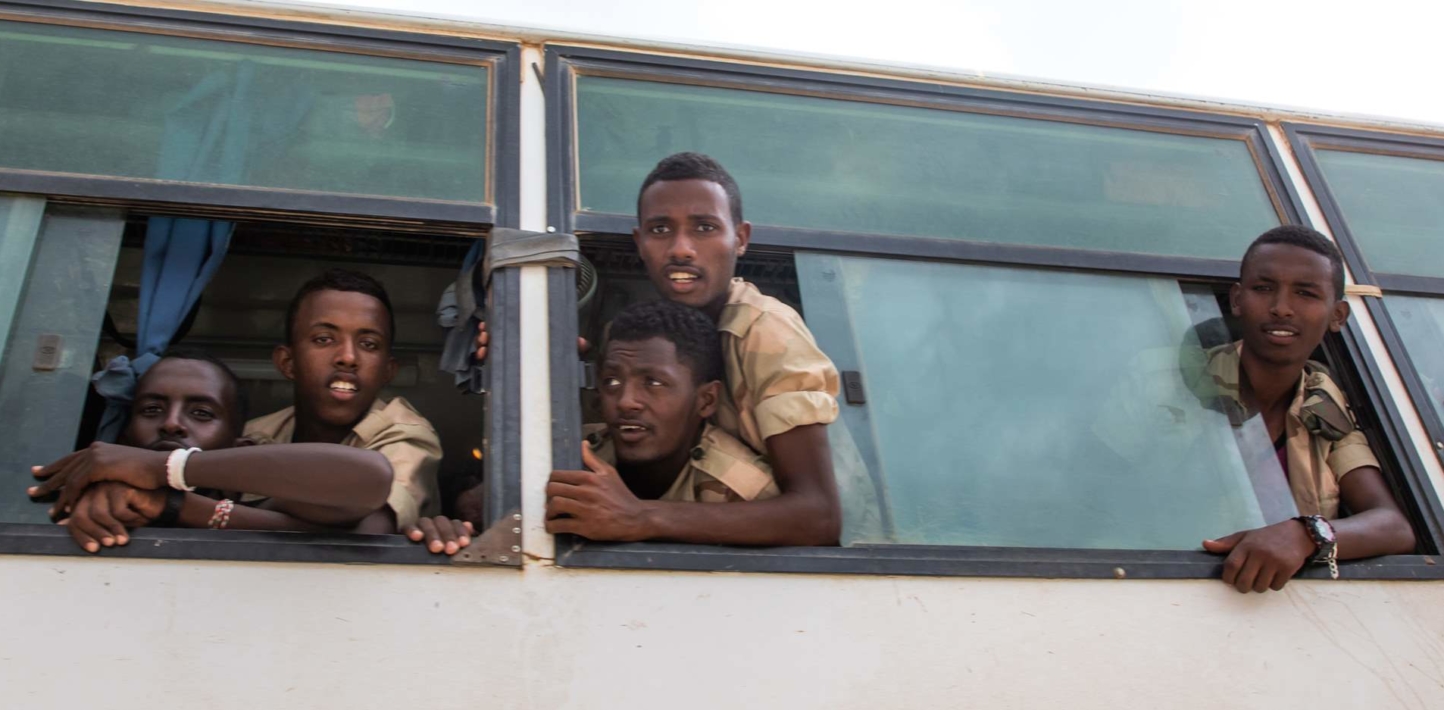Yemen could face another human rights crisis unless the authorities act now to end persistent abuses in the country and take steps to address past violations, Amnesty International said today.In its 11-point agenda for human rights change in Yemen, Amnesty International said that human rights violations were still taking place in a climate of impunity, a long-standing problem further entrenched by the immunity granted to former President Ali Abdullah Saleh and his officials earlier this year.”The Yemeni authorities must define and implement a clear human rights agenda for change. This must include enlisting the assistance of the international community to set up a commission of inquiry into human rights violations during the events of 2011,” said Philip Luther, Middle East and North Africa Programme Director at Amnesty International.”The authorities should also amend and pass a draft transitional justice law currently on the table to ensure that it actually delivers justice for the victims of past human rights abuses.”Yemen is still reeling from a human rights crisis that shook it to the core last year, with hundreds of protesters killed and thousands injured during an anti-government uprising. The crackdown, which also involved hundreds of people being subjected to arbitrary detention and in some cases enforced disappearance or torture and other ill-treatment, was carried out by a range of security and military forces, as well as armed government supporters.At the same time, localized armed conflicts saw both government forces and their armed group opponents, including Ansar al-Shari’a, believed to be affiliated to al-Qa’ida, reportedly committing violations of the laws of war.Recent months have seen some improvements, including the release of hundreds of prisoners following the inauguration of a new government. Yet serious human rights violations continue. Protests in southern cities such as Aden continue to be met with excessive force, resulting in the killing and injuring of peaceful protesters.Despite women’s mass participation in protests last year which generated hope for the advancement of gender equality, new challenges facing women activists combating discrimination and violence have arisen. “The Yemeni authorities must ensure that the current process of rebuilding national institutions and reforming legislation guarantees that human rights are respected, protected and fulfilled for all,” said Philip Luther.””Only by doing so will true stability be achieved in Yemen.”In its 11-point plan Amnesty International is calling on the authorities to:• End unlawful killings and abuses in armed conflict;• End impunity;• End arbitrary arrest and detention and enforced disappearances;• End torture and other ill-treatment;• Ensure fair trials;• Uphold and defend the rights to freedom of expression, association and peaceful assembly;• Uphold the rights of women and girls;• End the use of the death penalty;• Protect the rights of internally displaced persons;• Protect the rights of refugees and asylum-seekers;• Improve the human rights framework.


